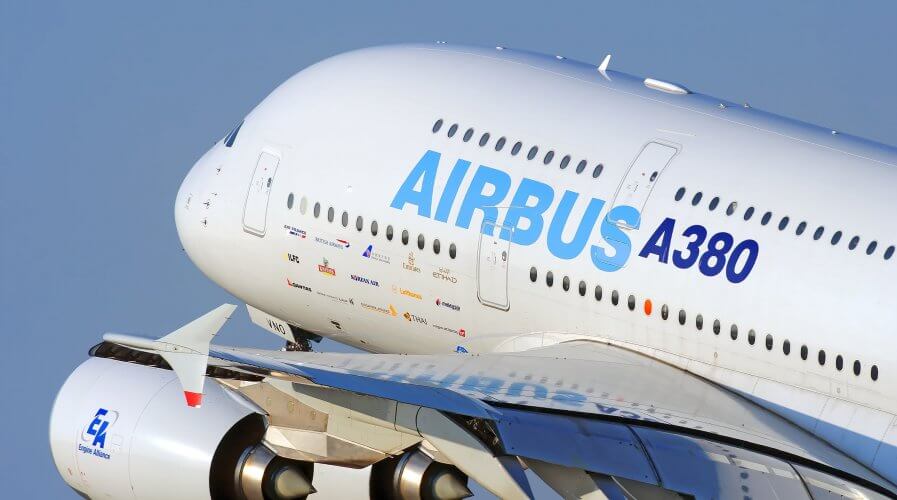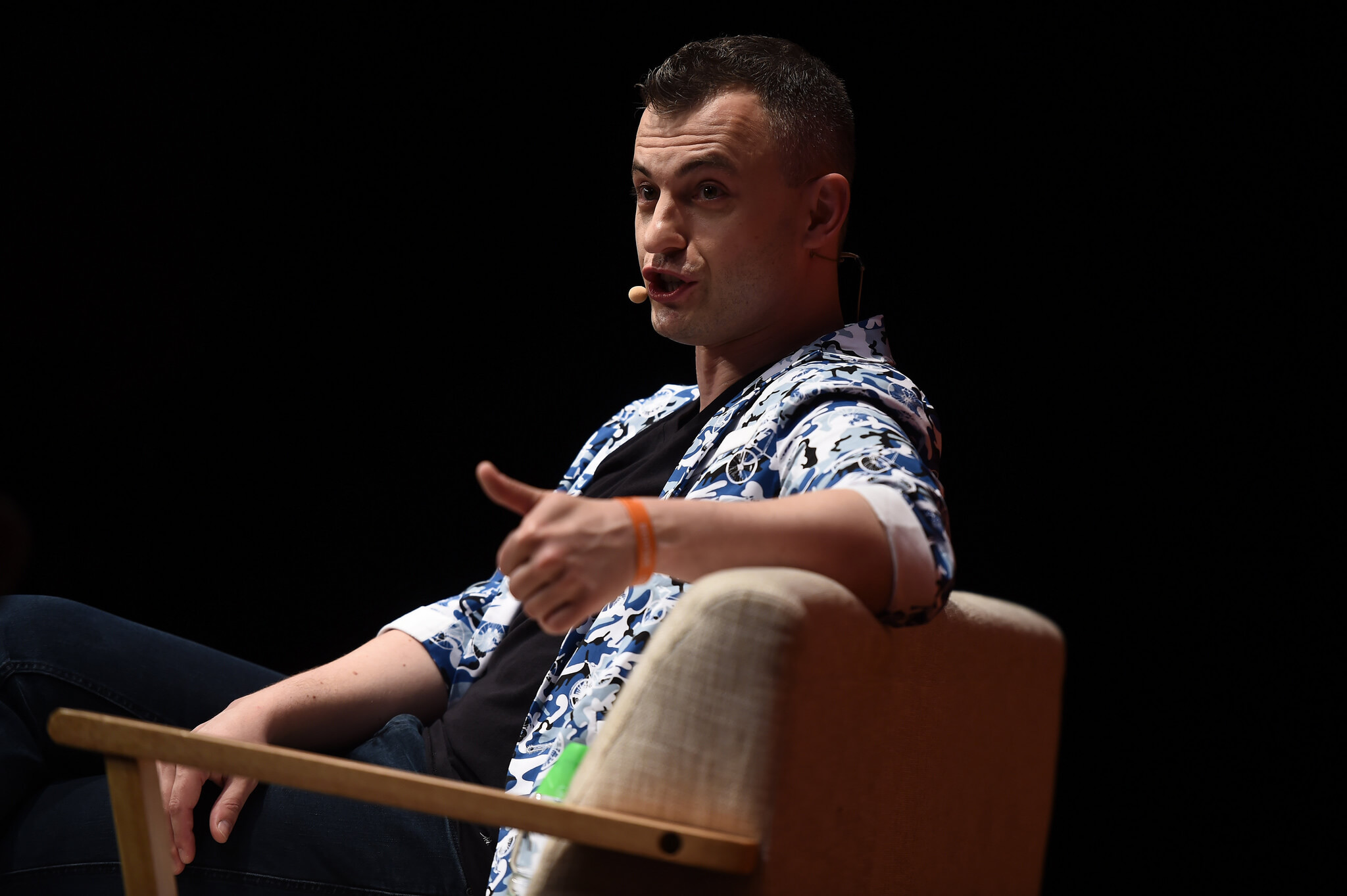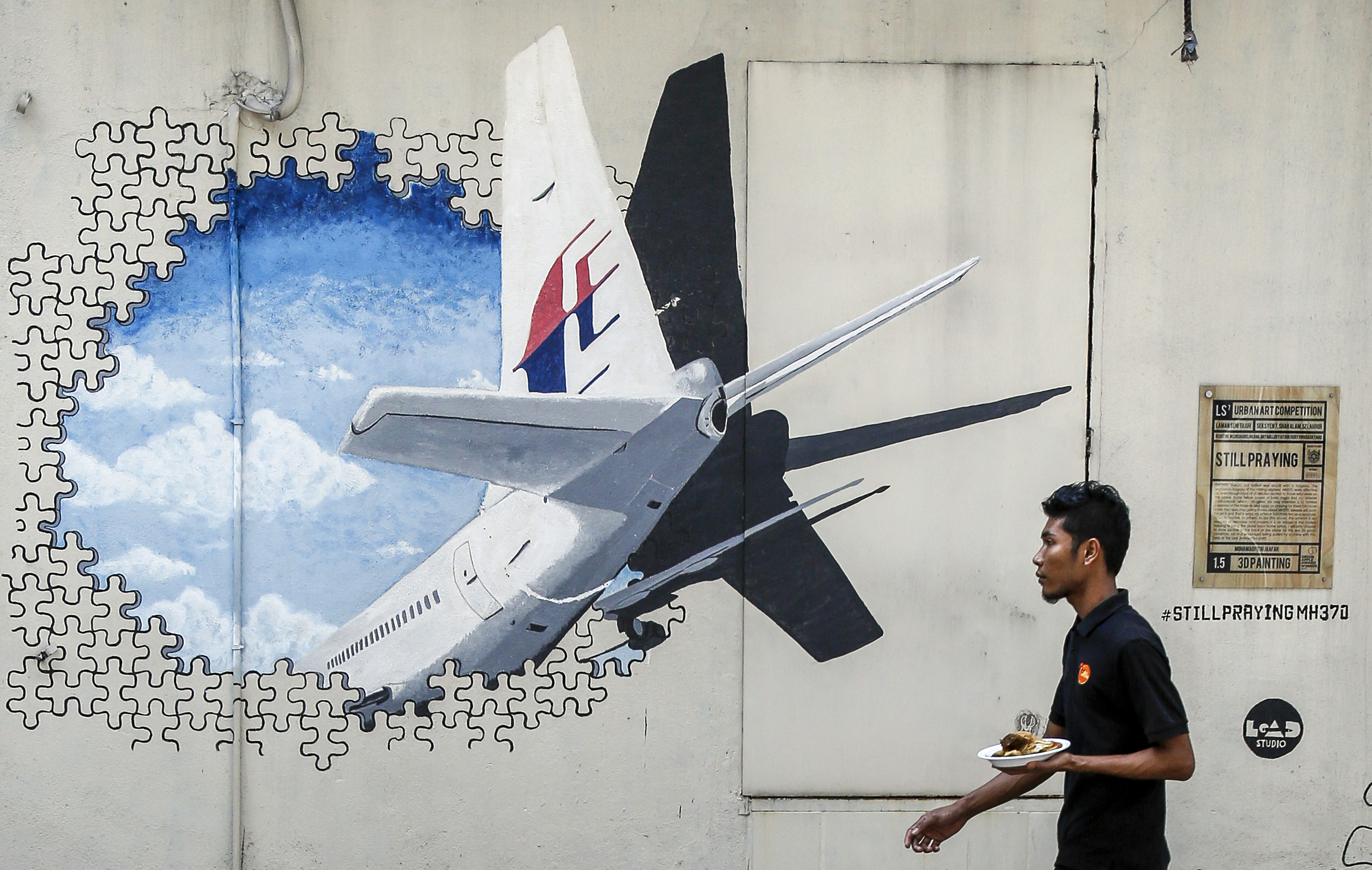
Airbus is competing with rival Boeing to develop artificial intelligence for pilotless planes. Source: Shutterstock
Airbus wants your next flight to be driven by artificial intelligence
EVER HAD a nightmare of being a passenger in a pilotless plane? Like it or not, Airbus SE is looking to make autonomous planes a reality in the near future and will be setting up an innovation center in Shenzhen in order to accelerate the development of its technology.
Airbus is envisioning a future in which commercial jetliners can be piloted by a single person in order to push down staffing costs, according to the company’s chief technology officer Paul Eremenko, who spoke to Bloomberg.
“The more disruptive approach is to say maybe we can reduce the crew needs for our future aircraft,” he said on Wednesday.
“We’re pursuing single-pilot operation as a potential option and a lot of the technologies needed to make that happen has also put us on the path towards unpiloted operation.”
Following the trend of autonomous cars that has captured the imagination of Silicon Valley and China, Airbus will be among the first to boost the aerospace industry into machine-driven world. The company will be competing with rival air carrier manufacturer, Boeing, to develop artificial intelligence software that would allow planes to operate without human interaction.

Airbus CTO, Paul Eremenko. Source: Flickr/RISE
However, pilotless planes don’t exactly inspire confidence when you first hear about it. The notion of a plane skimming through the skies without anyone at the helm is daunting, especially considering some high profile crashes that have taken place since the 2014 disappearance – and presumed crash – of Malaysian Airlines flight 370. Since then, incidents such as the 2015 Germanwings A320 crash in the French Alps, which killed 150 people, have raised unease among passengers.
Furthermore, aviation consultant Robert Mann told Bloomberg that it’s unclear as to whether or not such a plane would get commercial flying permits, or be covered under insurance.
“People are arguably apprehensive about these kind of things,” said Shukor Yusof, founder of aviation consulting firm Endau Analytics in Malaysia, to the business news outlet.
“You have driver-less cars, driver-less buses, but for something that flies, that’s something different.”

A waiter walks past a mural of flight MH370 in Shah Alam outside Kuala Lumpur, Malaysia. Source: AP.
Mini-versions of unmanned aviation tech already exists, in the form of drones which are already being tested for delivering goods. Airbus’s Urban Air Mobility division is exploring more on-demand helicopter and drone tech, powered by artificial intelligence. Meanwhile, Boeing is toying with the idea of creating flying taxis after it bought over a company that is developing the tech for Uber.
Airbus has been reported to be working with Chinese partners in order to boost their ability to get to a working model faster. China is already leading the way in terms of autonomous vehicles, as evidenced by the billions being poured into working out autonomous car technology, and could be the key to helping Airbus move faster.
“I think the general aviation space in China is just opening up,” Eremenko said to Bloomberg.
“There’s an opportunity for China to sort of take a leap ahead as it has been prone to do in other areas and design the aerospace system, design the regulatory regime to be future looking, forward looking to enable urban air mobility.”
China’s aerospace industry has a shortage of countries, and as it could emerge as a dominant market for the aviation industry. Eremenko said that there was a need to produce more cockpit crews, and that artificial intelligence could be a way to get around the shortage issues.
READ MORE
- Ethical AI: The renewed importance of safeguarding data and customer privacy in Generative AI applications
- How Japan balances AI-driven opportunities with cybersecurity needs
- Deploying SASE: Benchmarking your approach
- Insurance everywhere all at once: the digital transformation of the APAC insurance industry
- Google parent Alphabet eyes HubSpot: A potential acquisition shaping the future of CRM




